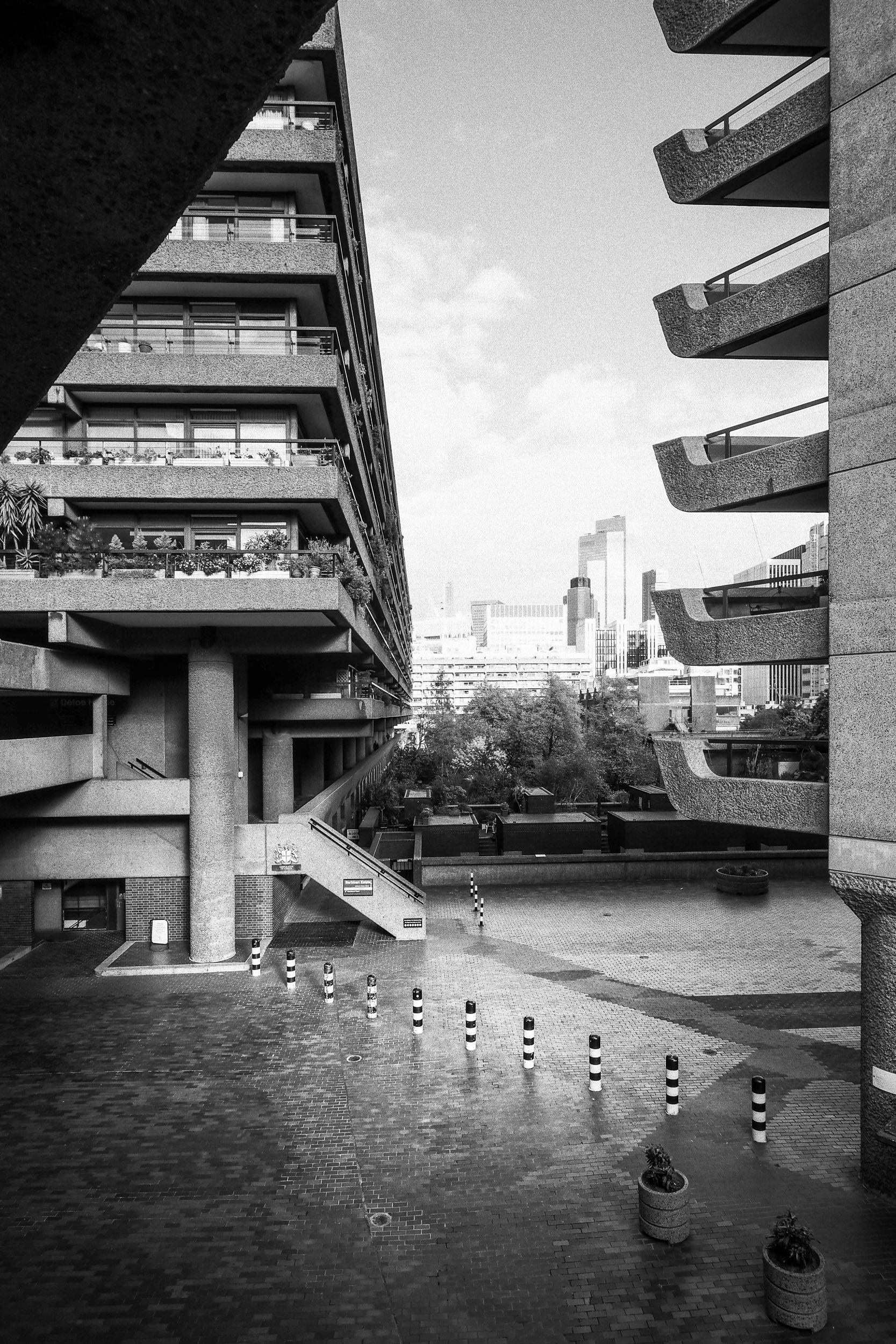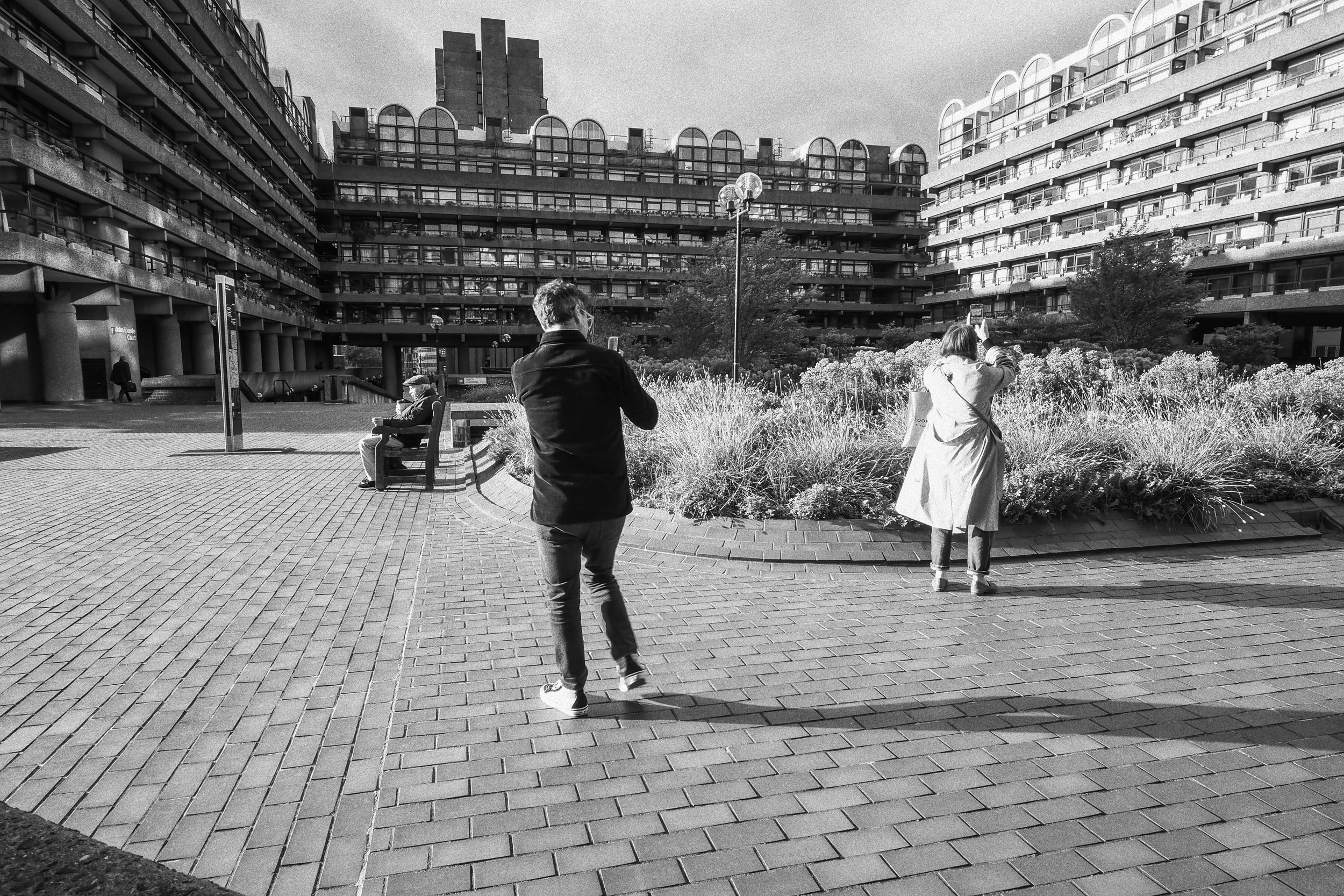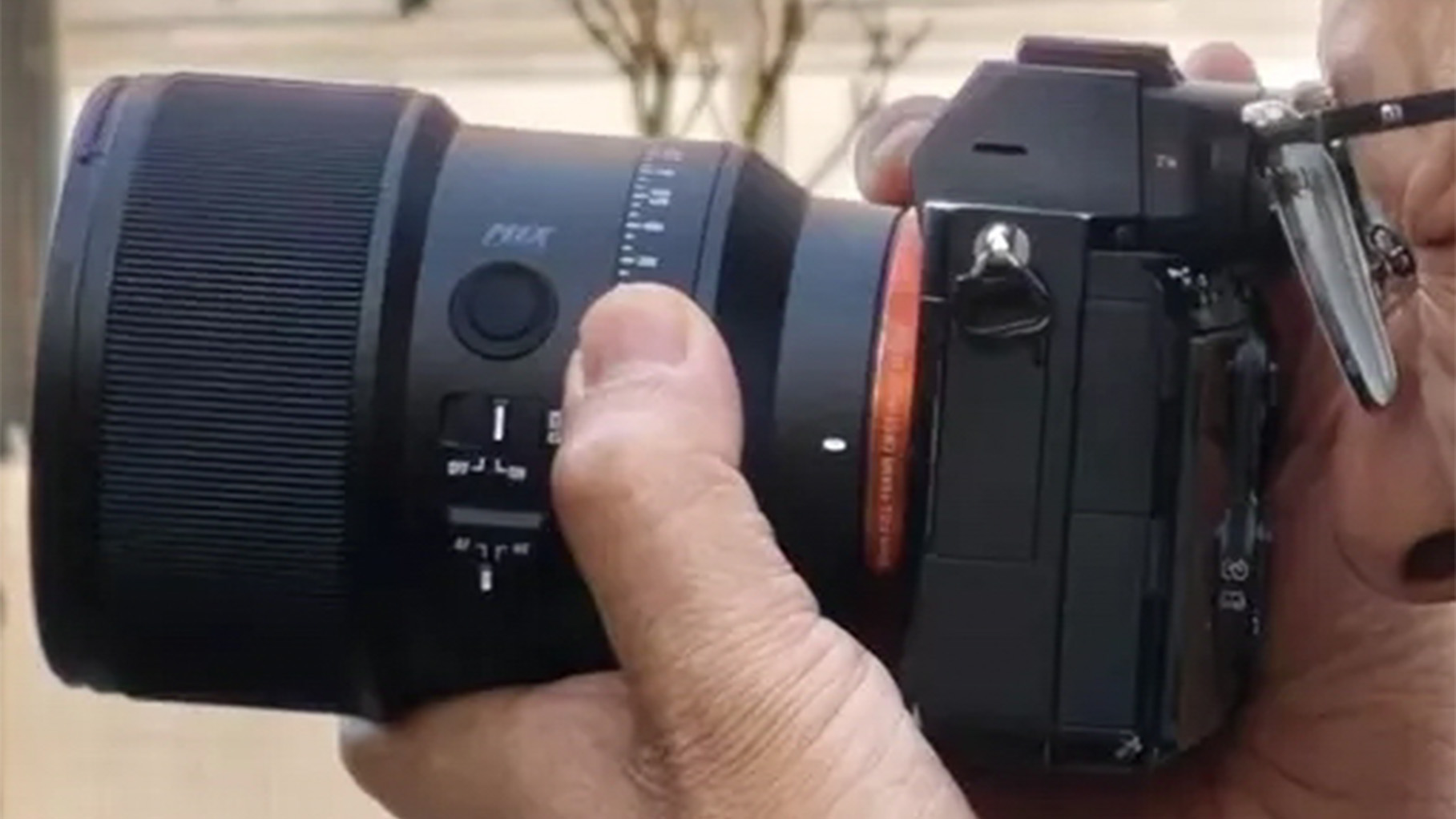I now know what kind of photographer I am, and it’s not pretty!
We all start out with an idea of the photographer we WANT to be, but risk ignoring the photographer we actually ARE
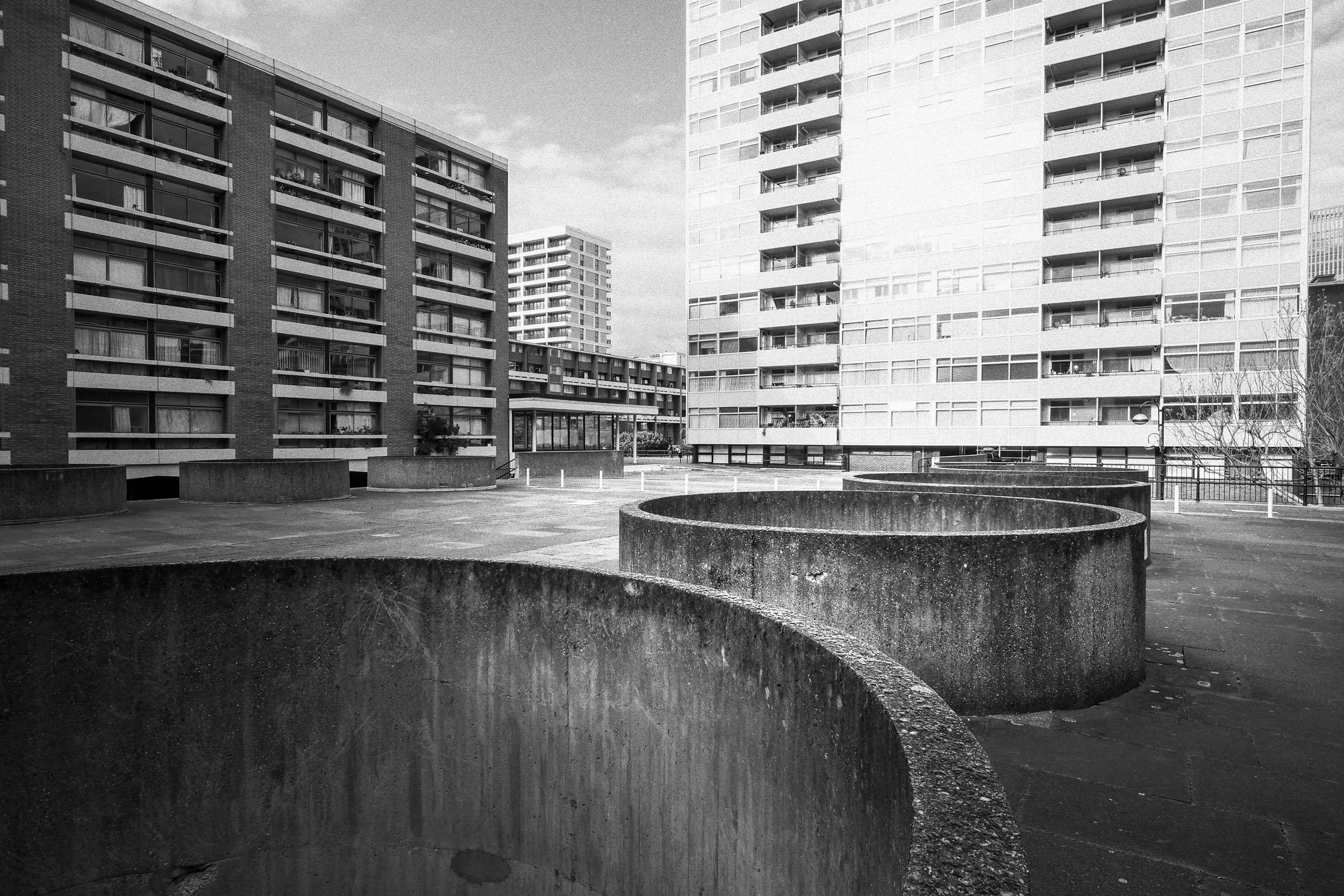
The best camera deals, reviews, product advice, and unmissable photography news, direct to your inbox!
You are now subscribed
Your newsletter sign-up was successful
I would love to be a skilled and crafted portrait photographer finding beauty and mystery in every face. I wish I could be a wildlife or bird photographer with the skill and patience to capture stunning images of animals in the wild or birds in flight. I’ve dreamed of being a globetrotting landscape photographer capturing auroras in the arctic, waterfalls in Costa Rica and sunsets in Bali.
But then reality got in the way, and not perhaps in the way you might think. We can’t always blame circumstances, since as a rule if we want something badly enough we often find a way to get it, or at least far enough along the path that we’re satisfied.
As it happens, while I thought all of these things were obvious ‘dream’ occupations for anyone who considers themselves a photographer, I didn’t do a lot about them. And after a very long time, it’s dawned on me why. I’m just not wired for that kind of imagery. I admire it in my head, but I don’t feel it in my guts (a bit anatomical – sorry).
It’s true that I am a professional photography journalist. I’ve photographed and written about everything from portrait photography, wildlife, sports and travel photography to landscape, nature and macro. I’ve been very lucky to get to do all this stuff.
But I’ve grown to realize that I’m not drawn to ‘beauty’ in the same way that most photographers seem to be. I’m more drawn to the dramatic, theatrical, graphic and abstract. I find beauty in lines of force, balanced masses and shapes, the power of light, and the underlying strangeness (as I see it) of the world we live in.
I have a particular fascination for brutalist concrete architecture. I’m not long back from a visit to London’s Barbican Estate in the company of fellow photographer and YouTuber Jimmy Cheng and I found the place utterly compelling. I shot in black and white, mainly abstract, graphic compositions but with human figures often very small but always at the focal point of the picture.
So wait – this article is not an ambush just so I can push my pictures at you. I know that what I like isn’t what everybody else likes.
The best camera deals, reviews, product advice, and unmissable photography news, direct to your inbox!
My point is that’s true for ALL of us.
When we’re starting out in photography we do need to learn from other photographers. We see a picture we think is beautiful and we want to understand how they did it so that we can do it ourselves.
But the danger is that we never shift out of that first gear. We carry on copying, looking for universal ideas of ‘beauty’ or ‘perfection’. Heaven knows these are easy enough to find (harder to avoid) on Instagram, TikTok or whatever new channel is trending this week.
If you carry on copying, you could simply become very good at something you don’t much care about. In the art world, it’s the difference between artists and forgers.
Wouldn’t you rather be photographing what you DO care about? Never mind the respect of others, you need respect from yourself. Your photography might not appeal to others, it might not get you thousands of subscribers or millions of likes, but you might just discover that creative passion that drives you on. You need to find out – we all need to find out – what that magic thing is.
And it doesn’t matter whether it’s the breathtaking jungles of Costa Rica or a brutalist concrete jungle in the heart of London.
More opinion pieces by Rod Lawton:
- Sometimes it takes a new camera to make you realize how good your old one was
- Manual focus lenses helped me rediscover the magic of depth of field
- I love DSLRs but mirrorless cameras are so much better at manual focus
- If your lenses need digital corrections, don't leave it to someone else to fix
- I can't understand how taking photos got so complicated!
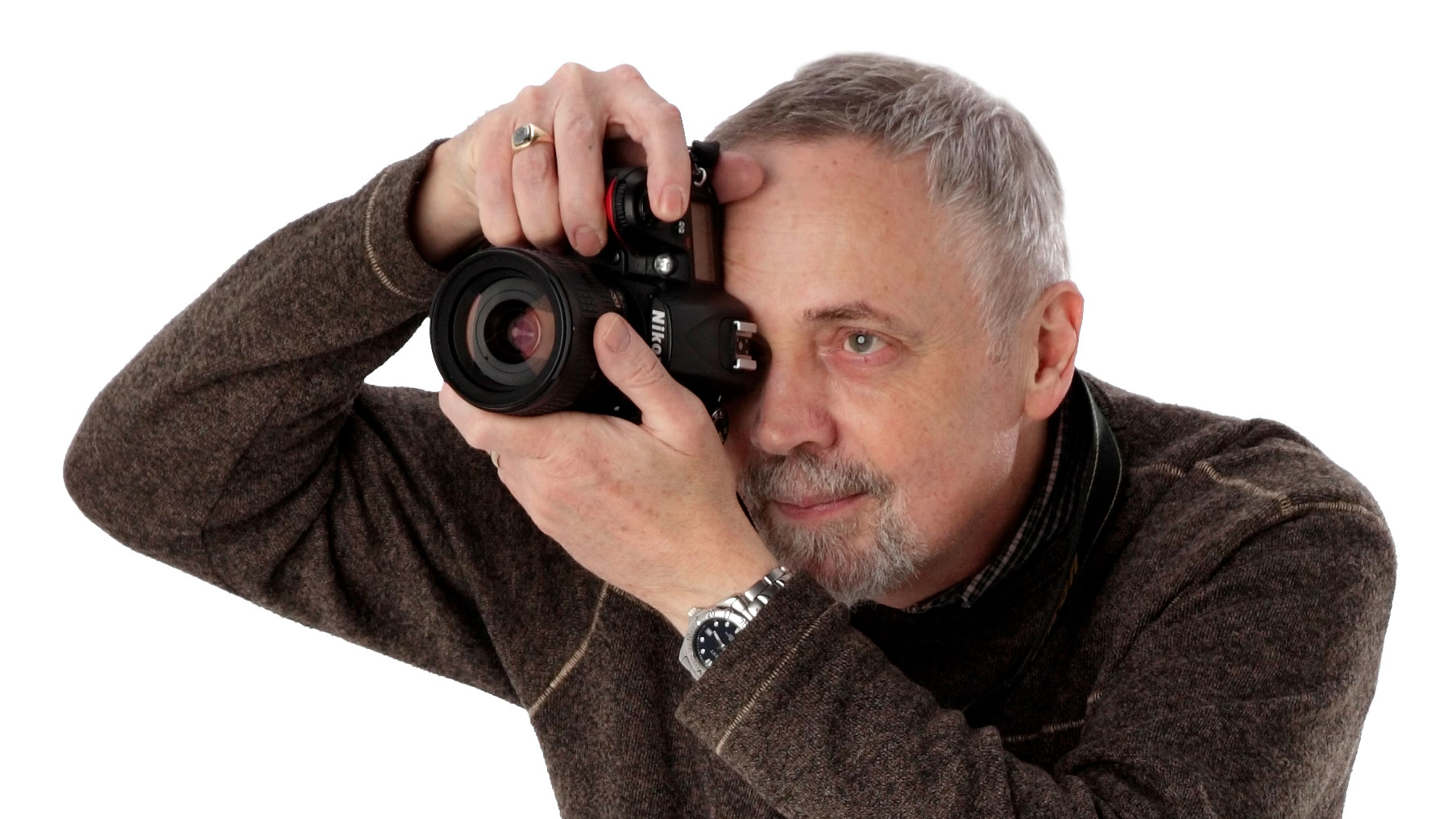
Rod is an independent photography journalist and editor, and a long-standing Digital Camera World contributor, having previously worked as Group Reviews Editor, Head of Testing for the photography division, Technique Editor on N-Photo, and Camera Channel editor on TechRadar, as well as contributing to many other publications.
He has been writing about digital cameras since they first appeared, and before that began his career writing about film photography. He has used and reviewed practically every interchangeable lens camera launched in the past 20 years, from entry-level DSLRs to medium format cameras.
Rod has his own camera gear blog at fotovolo.com but also writes about photo-editing applications and techniques at lifeafterphotoshop.com.
